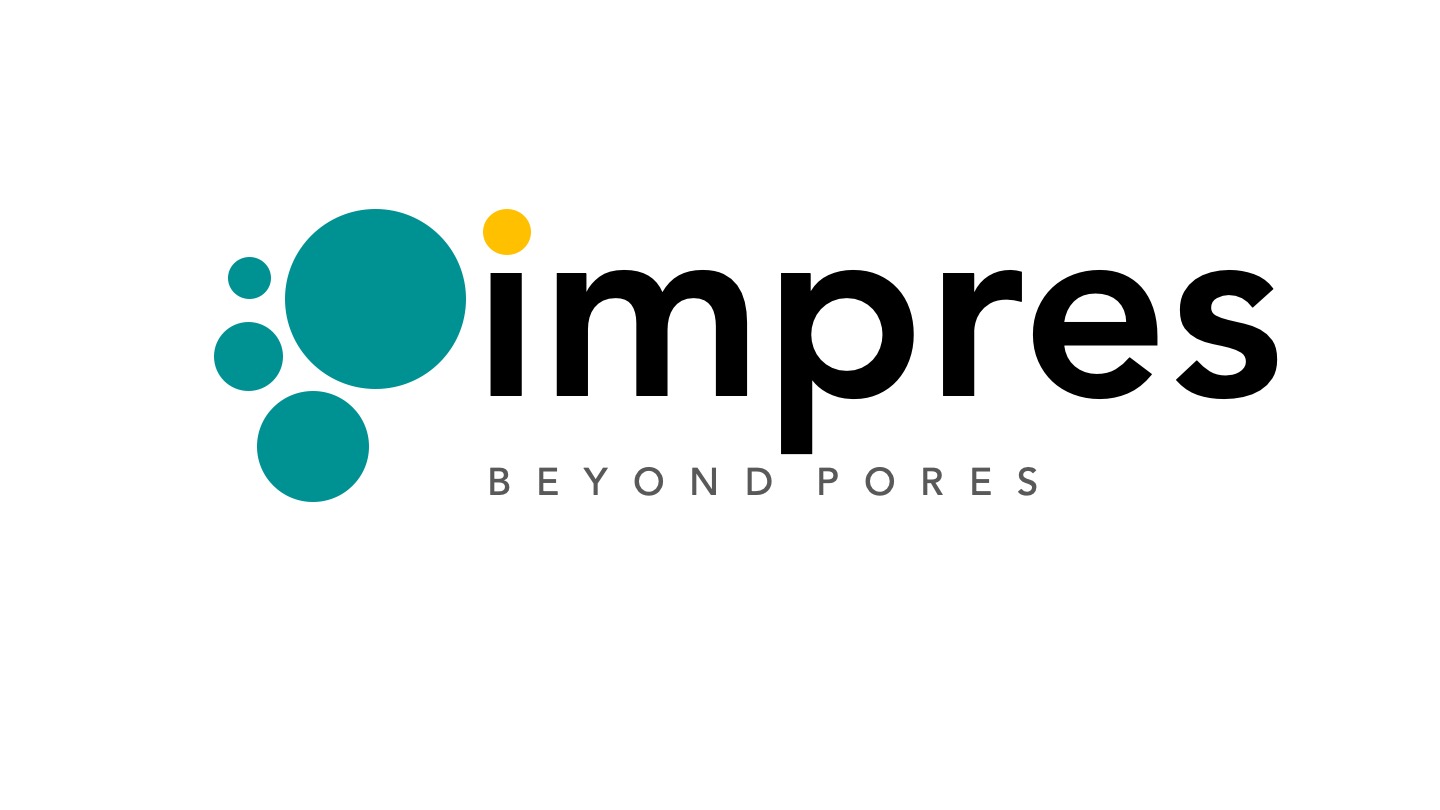


Climate change is a global challenge driven by excessive emissions of anthropogenic greenhouse gases into the atmosphere. It is estimated that CO2 accounts for two-thirds of this global issue. One of the key strategies to reduce atmospheric CO2 emissions is carbon capture and storage (CCS). In CCS, CO2 is captured from anthropogenic sources and injected into deep saline aquifers, depleted oil and gas reservoirs, or other geological traps. Deep saline aquifers are particularly significant, as their capacity for safe CO2 storage is two orders of magnitude greater than that of depleted oil and gas reservoirs.
Maintaining the injection of CO2 into the subsurface is a critical factor in determining the success of any CCS project. However, this process is not always straightforward. Previous studies have shown that injecting dry supercritical CO2 into saline and hypersaline aquifers leads to salt formation within the porous space, reducing permeability and resulting in injectivity loss. Given this challenge, it is essential to develop fundamental knowledge and a predictive model to understand injectivity loss under varying thermodynamic conditions (pressure and temperature), hydrodynamic conditions (injection rate), and rock heterogeneity conditions—collectively referred to as THR.
The PINCH project aims to establish fundamental scientific principles to develop a novel predictive model and apply it to real field data, supported by industry collaboration.
Expertise and techniques to deliver the PINCH project:- High-pressure and high-temperature optical and X-ray imaging of porous materials,
- Pore-scale modelling using GPU-accelerated Lattice Boltzmann models including two-phase immiscible flow in porous media, phase change, transport, and precipitation,
- Darcy-scale well-scale modelling and simulations using TOUGH 3.0, and
- High-pressure and high-temperature core-flooding experiments
Our Team

Prof Dr Vahid Niasar
University of Manchester Principal Investigator
Dr Masoud Babaei
University of Manchester Co-Investigator
Prof Dr Nicola De Paola
Durham University Co-Investigator
Prof Dr Fred Worral
Durham University Co-Investigator
Prof Dr Holger Steeb
University of Stuttgart Collaborator
Prof Dr Mike Celia
Princeton University, Project Advisor
Dr Mehrdad V Farahani
Post-Doctoral Research Associate
Dr Javad Shokri
Post-Doctoral Research Associate
Fadul Dawood
Durham University, PhD student
Tongke Zhou
PhD student
Arash Pourakaberian
PhD studentPartners







Project Work Packages
PINCH brings together scientists from The University of Manchester, Durham University, Princeton University, BP, Equinor, and Shell to achieve the project objectives through five work packages (WPs).
Pore-scale experiments
WP1 addresses fundamental questions at the pore scale to investigate the impact of thermodynamic, hydrodynamic, and rock heterogeneity (THR) conditions on salt formation and its aggregation under high-pressure, high-temperature (HPHT) conditions. Using HPHT optical visualisation of micromodels and synchrotron-based X-ray imaging of micro-core flooding, we will observe real-time changes in pore morphology under varying conditions. WP1 will generate unique, 4D datasets to establish foundational knowledge and support the data requirements of WP3.
Core-scale experiments
WP2 explores similar research questions as WP1 but at a larger physical scale using real rock materials (core samples). The British Geological Survey will facilitate access to the required rock materials. Additionally, pressure injectivity and rock mechanical properties will be measured under different THR conditions. This work will address knowledge gaps regarding the role of these factors in injectivity loss, aiding the development of predictive models as outlined in WP3.
Pore- to Darcy-scale modelling
WP3 is the cornerstone of the PINCH project, introducing a novel multiscale modelling approach. Pore-scale models will be developed to capture multiphase flow, phase change, and salt formation, validated against observations from WP1. Additionally, a continuum-scale model will be developed, incorporating pore-scale modelling for parameterisation. This model will be validated against experimental data from WP2.
Well-scale predictive modelling
WP4 focuses on high-impact research, leveraging the fundamental science established in WP1 and WP2, along with the engineering tools developed in WP3, to address real-world challenges related to the injection of supercritical CO2 into hypersaline aquifers and subsequent injectivity loss. Three candidate CCS fields—Endurance, Quest, and Snøhvit—will be studied. BP, Equinor, and Shell will support the project by providing necessary field data and technical advice.
Impact generation
WP5 focuses on maximising the project impact by fostering knowledge exchange between academia and industry and providing training for junior researchers. This work package ensures that the project outcomes are effectively communicated and applied in real-world scenarios.
Publications
Contact Us
Please note the postal address is different than the visiting address.



